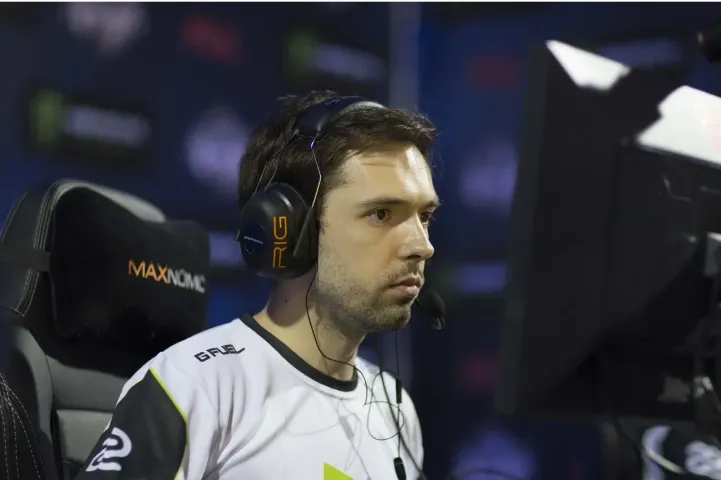
In the ecosystem of Counter-Strike 2, In-Game Leaders (IGLs) hold a pivotal role in navigating the strategic battlegrounds. Yet, the full potential of some IGLs has not been completely realized due to a variety of circumstances. This article delves into the careers of several IGLs who, despite showing significant promise and occasional brilliance, might have achieved even more under different conditions. We explore what barriers prevented these leaders from reaching the zenith of CS2 and speculate on what could have been if they had been given more opportunities or found themselves in different team dynamics.
Dmytro "jR" Chervak
Dmytro "jR" Chervak, the mastermind behind Vega Squadron's unexpected successes, is a prime example of an IGL whose potential might have been greater with more resources or team support. Under his leadership, Vega Squadron not only reached four Major tournaments but also clinched second place at StarSeries & i-League CS:GO Season 6, earning jR his second-highest career prize of $50,000. Despite often playing with less heralded teammates and not possessing the firepower of top-tier teams, jR managed to carve out noteworthy achievements. His strategic acumen, proven during these underdog runs, raises the question of what heights he could have reached with a roster of higher-calibre players.
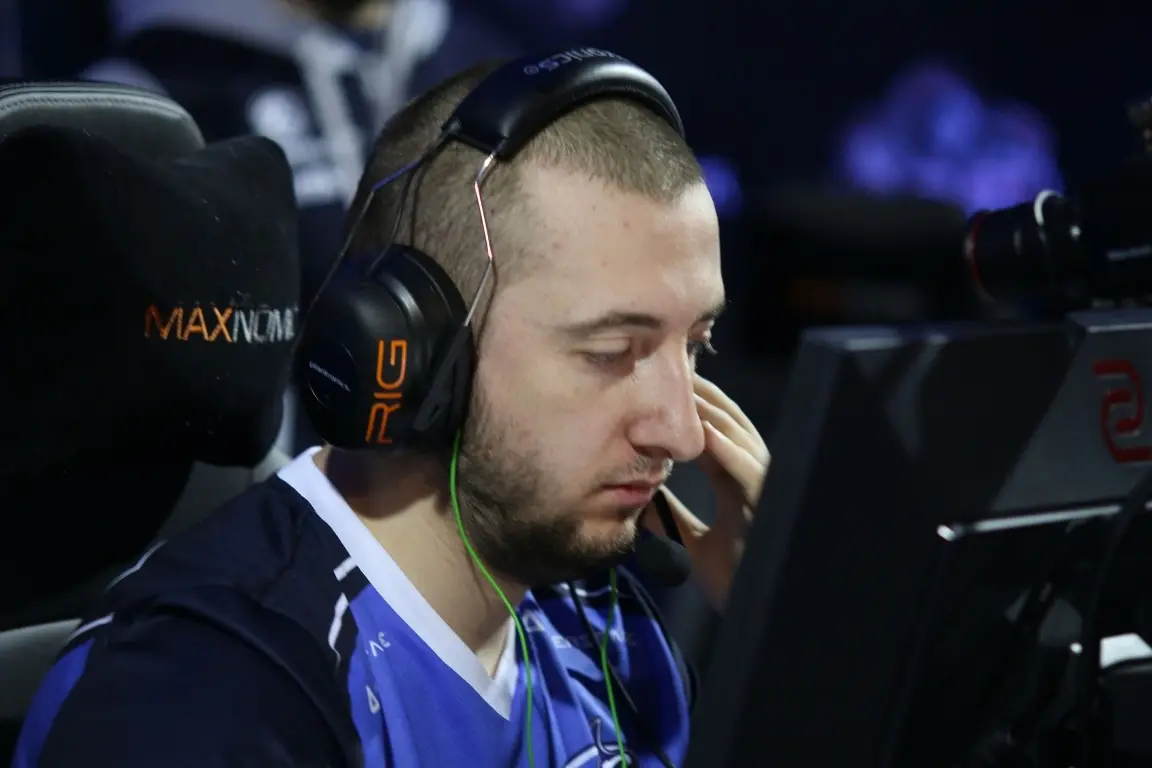
Lucas "steel" Lopes
Lucas "steel" Lopes from Brazil, often overshadowed by more prominent figures like Gabriel "FalleN" Toledo, demonstrated his mettle by leading Immortals to the finals of PGL Major Kraków 2017. His tenure with Liquid further highlighted his capabilities, culminating in a victory at cs_summit 2. However, steel’s journey through the upper echelons of CS was marked by a series of challenges that perhaps prevented him from fully applying his strategic insights. While he had opportunities with top teams, the consistent handling of these chances to harness his full potential as an IGL was often lacking, hinting at a career that could have been even more illustrious with different circumstances or support.

Kyrylo "ANGE1" Karasiov
Kyrylo "ANGE1" Karasiov is another seasoned leader whose legacy in CS:GO might still be underrated. Despite visiting nine Majors and holding a long tenure with HellRaisers, ANGE1 never quite made the leap to the very top tier of CS:GO teams, partly because he was contemporaneous with another Ukrainian giant, Danylo “Zeus” Teslenko. Rumours of his potential inclusion in NAVI over the years never materialized, leaving him to spend the majority of his CS:GO career with HellRaisers. His successful pivot to VALORANT with FunPlus Phoenix and later NAVI demonstrated that his tactical prowess was adaptable and effective across titles, underscoring a perhaps missed opportunity in CS:GO.
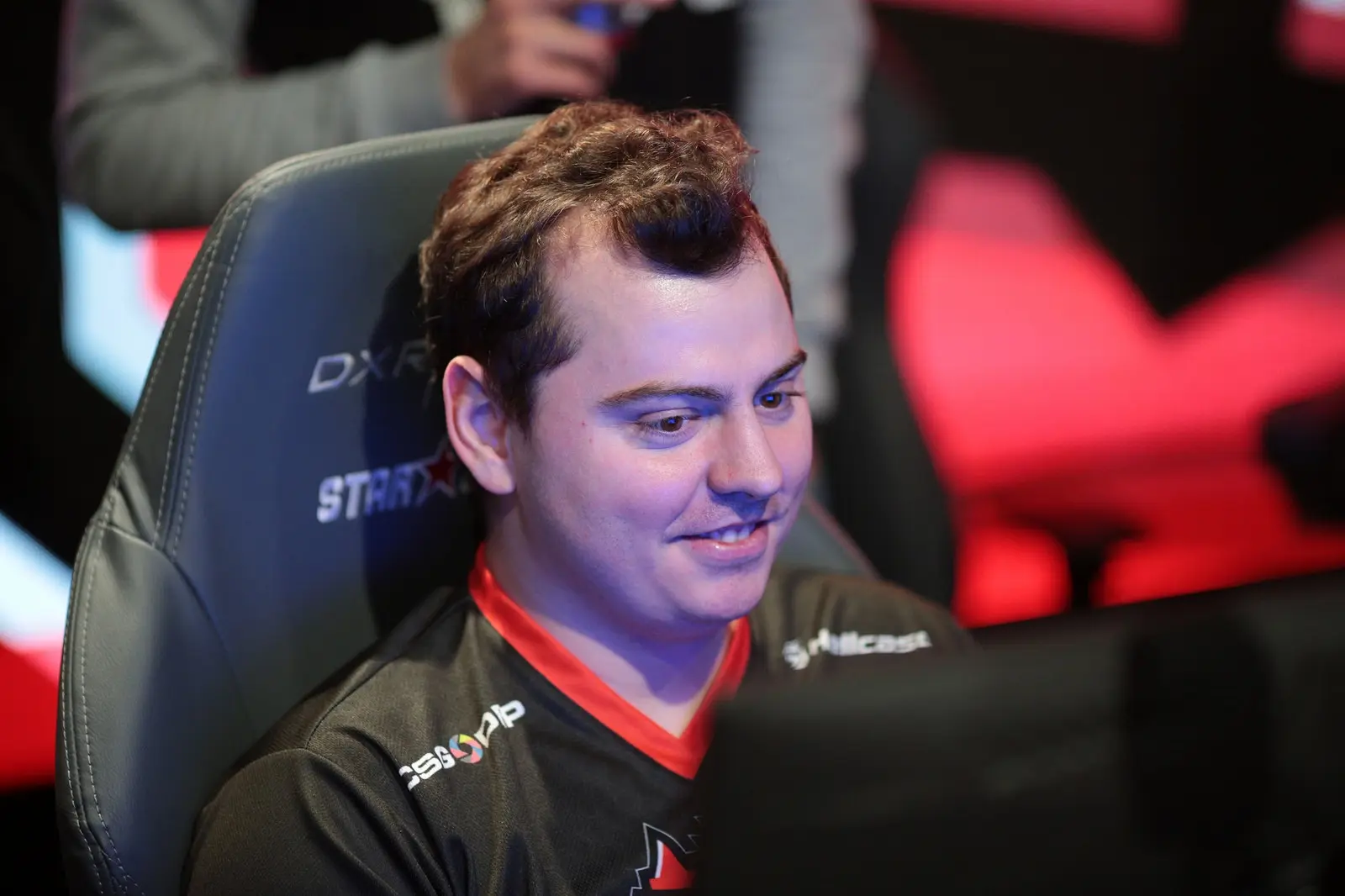
Maikil "Golden" Selim
The tenure of Maikil "Golden" Selim as the IGL for Fnatic marked some of the team's most successful periods, underlining his potential as a top-tier leader. He led Fnatic to several major victories, including World Electronic Sports Games 2017, IEM Katowice 2021, ESL Pro League Season 11: Europe, and DreamHack Masters Malmö 2019. Despite these high points, Golden's career often gets overshadowed by Fnatic's later struggles, where the team's performance dipped, and his strategic moves were called into question. This phase of his career, marked by less favourable outcomes, has somewhat dimmed the recognition of his earlier successes, leaving fans and analysts wondering if a different environment or support system might have sustained his earlier momentum.
Mathias "MSL" Lauridsen
Mathias "MSL" Lauridsen is known for his deep strategic understanding and has led various teams to respectable finishes in premier tournaments. However, his career in recent years has seen a revolving door of team changes, with each stint seeming to promise much but delivering little in terms of long-term success. Additionally, MSL ventured into offering personal coaching lessons, a move that speaks to his broad knowledge but also highlights the lack of stable opportunities at the top level. This aspect of his career suggests that while he possesses tactical acumen, the right team configuration and consistent backing might have allowed him to achieve more enduring success.
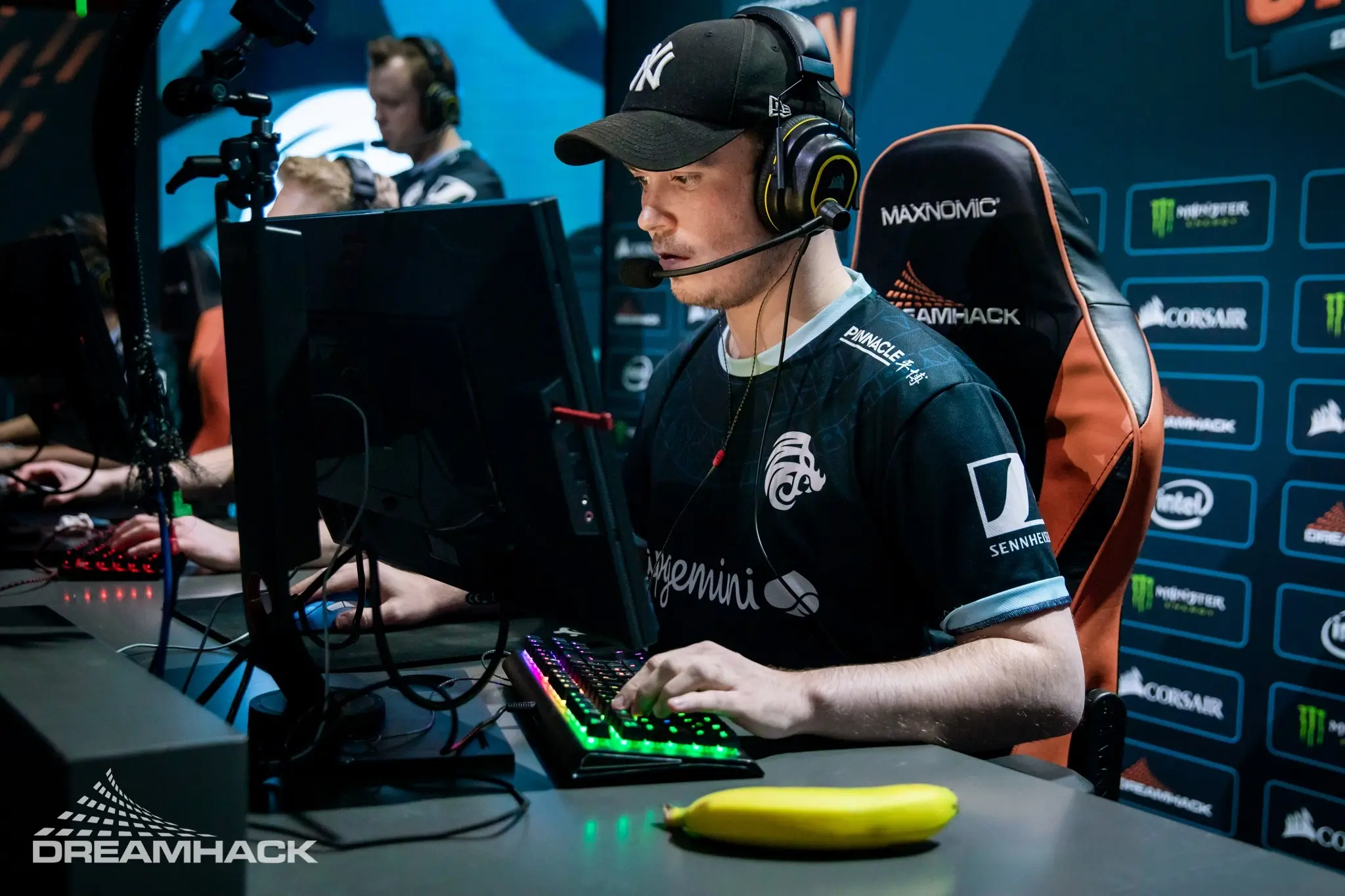
![[Exclusive] B1ad3 on s1mple: "He surprised everyone and showed what he can do when he wants"](https://image-proxy.bo3.gg/uploads/news/211375/title_image/webp-1867a81630cef2237ea4b249e2bf7d24.webp.webp?w=150&h=150)
Andrii "B1ad3" Horodenskyi
Andrii "B1ad3" Horodenskyi, primarily recognized for his coaching prowess in recent years, especially with teams like NAVI, had a playing career that was full of potential but limited by the teams and resources available to him. His ability to nurture talent like Denis “electroNic” Sharipov and Vladyslav “bondik” Nechyporchuk into top-tier players is a testament to his deep understanding of the game and strategic insights. However, during his playing days, the absence of a strong supporting roster meant that his tactical skills could not fully translate into significant competitive success. His transition to coaching was marked by immediate impacts, suggesting that his strategic mind was always his greatest asset—perhaps underutilized during his active playing career.
Peter "stanislaw" Jarguz
Peter "stanislaw" Jarguz has consistently demonstrated his ability to lead and rebuild teams within the North American CS scene. His leadership has been pivotal in the success of several top NA organizations, and he's known for integrating young talents effectively with seasoned veterans. Despite these achievements, there's a lingering sentiment in the community that his abilities as an IGL are still not fully appreciated. Currently, with Wildcard, he continues to build and develop teams, reaffirming his role as a valuable leader who could potentially achieve even greater success if the broader community recognized his strategic capabilities more fully.
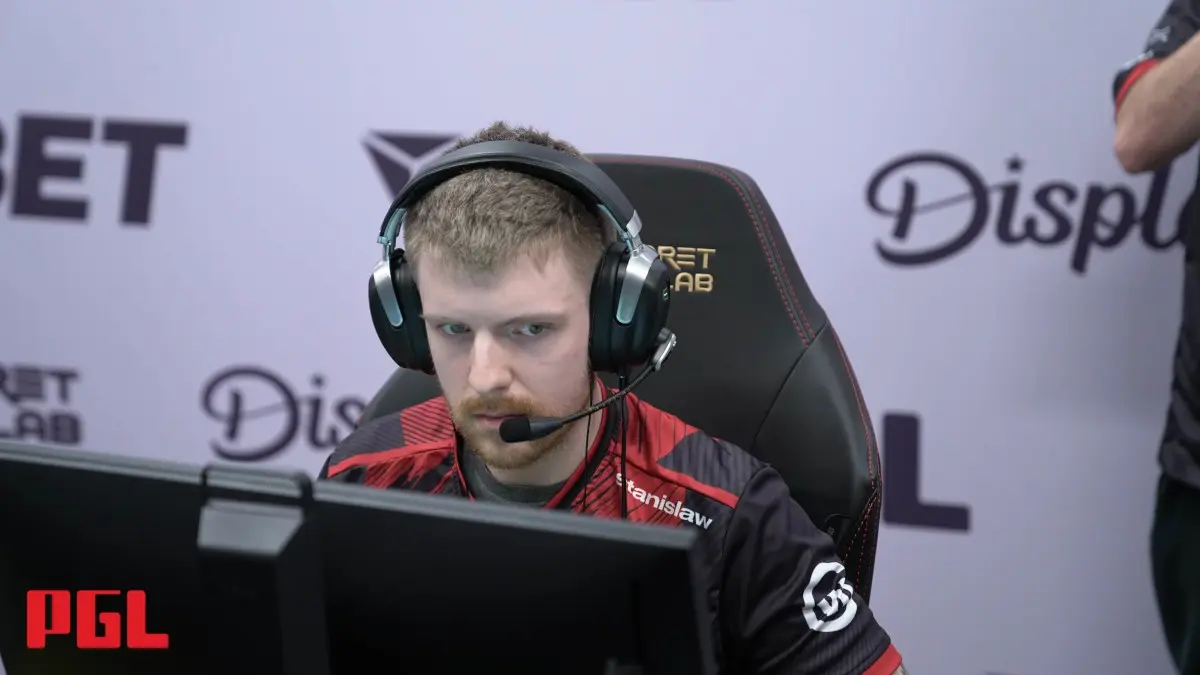
Conclusion
The narratives of these IGLs reflect a broader theme in competitive esports: the fine line between potential and realization. Each leader, in their unique way, has shown flashes of brilliance that could have led to greater acclaim and success under different circumstances. As the esports landscape continues to evolve, the stories of these IGLs serve as reminders of the critical role of leadership in shaping team fortunes and the importance of providing the right support and opportunities to fully harness the talents of strategic minds like jR, steel, ANGE1, Golden, MSL, B1ad3, and stanislaw. Their careers, marked by both triumphs and what-ifs, underscore the complex dynamics of professional competitive gaming.
Comments
Upcoming Top Matches
Latest top news









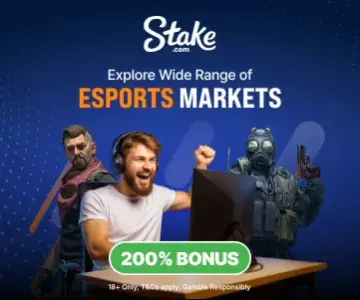
No comments yet! Be the first one to react